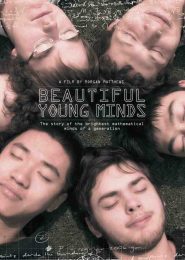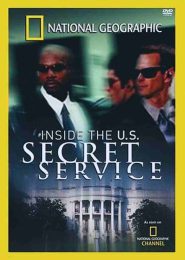Bowling for Columbine (2002)
Bowling for Columbine is a gripping 2002 documentary that delves into the heart of America’s gun culture, exploring the tragic events surrounding the Columbine High School massacre in 1999. Directed, produced, and narrated by Michael Moore, the film dissects the factors that contributed to this horrific incident and raises thought-provoking questions about violence, fear, and society.
The Columbine Tragedy
- Background:
- The documentary begins by revisiting the fateful day when Eric Harris and Dylan Klebold carried out their deadly attack at Columbine High School in Littleton, Colorado.
- Moore investigates the roots of this violence, challenging the prevailing narratives and assumptions.
- Gun Culture and Fear:
- Moore examines America’s obsession with guns. He questions why the U.S. has such a high rate of gun ownership and explores the psychological impact of living in a society where fear is pervasive.
- The film juxtaposes scenes of gun shows, where firearms are casually bought and sold, with the aftermath of the Columbine tragedy.
- Media Influence:
- Moore critiques the sensationalist media coverage that often glorifies violence. He interviews Marilyn Manson, who faced blame for the massacre due to his music’s supposed influence on the shooters.
- The film challenges the idea that violent entertainment directly leads to real-world violence.
- Historical Context:
- Moore delves into America’s history of violence, including its colonial past, the National Rifle Association (NRA), and the Second Amendment.
- He questions why other countries with similar media exposure don’t experience the same level of gun violence.
Impact and Awards
- Bowling for Columbine garnered widespread acclaim:
- It won the Academy Award for Best Documentary Feature and the Independent Spirit Award for Best Documentary Feature.
- At the 2002 Cannes Film Festival, it received a special 55th Anniversary Prize.
- The film also earned the César Award for Best Foreign Film.
Legacy and Reflections
- Moore’s documentary forces viewers to confront uncomfortable truths:
- The ease of obtaining guns.
- The role of fear in shaping public opinion.
- The media’s responsibility in perpetuating violence.
- The need for a national conversation on gun control.
Bowling for Columbine remains a powerful call to action—a plea for understanding, empathy, and change. As we grapple with ongoing gun violence, this film serves as a stark reminder that the conversation must continue.




